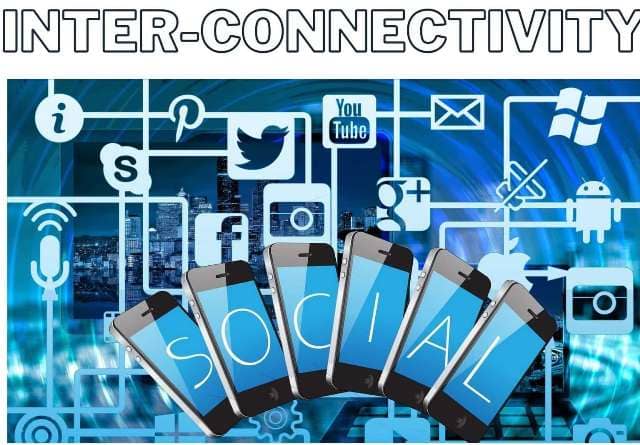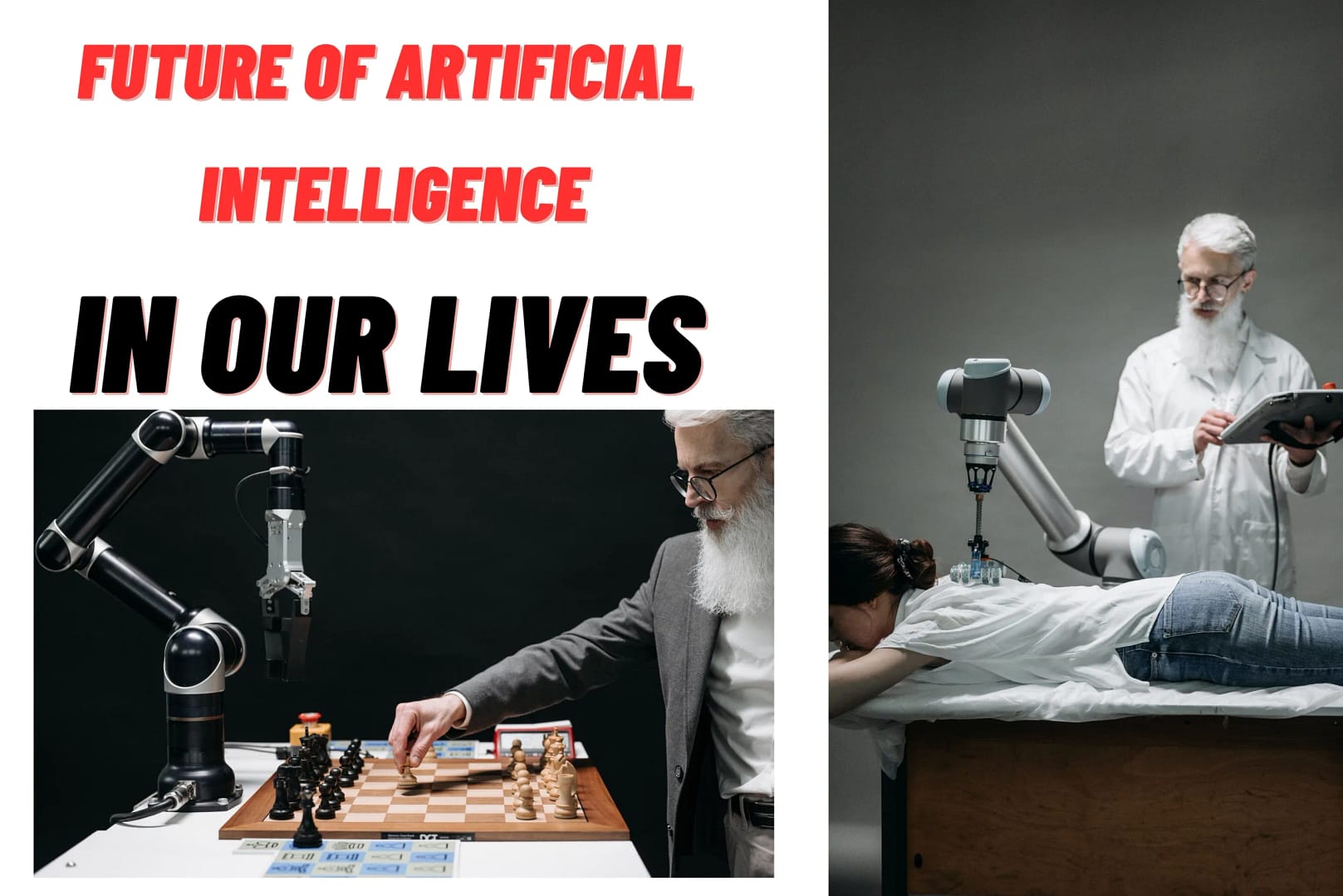Title: The Internet: A Gateway to the Global Village
Introduction
Internet is an integral part of modern life, shaping the world in profound ways. In the past few decades, this vast network of interconnected computers has transformed from a mere research tool to an indispensable utility that touches every aspect of society. With its boundless information, instantaneous communication, and limitless opportunities, the Internet has ushered in an era of unparalleled connectivity, knowledge sharing, and economic growth.
The Birth of the Internet
The story of the Internet begins in the 1960s, during the height of the Cold War, when the United States government sought a decentralized communication system to withstand a potential nuclear attack. As a result, the Advanced Research Projects Agency Network (ARPANET) was created. The first successful message transmission over ARPANET occurred in 1969, between two distant computers located in California and Utah, marking the birth of the Internet.

The Web: A New Era of Accessibility
In the early 1990s, the World Wide Web (WWW) emerged, transforming the Internet into the global platform we know today. British computer scientist Sir Tim Berners-Lee is credited with inventing the World Wide Web, which made it easier for people to access information and share it across different computers. The introduction of web browsers, such as Netscape Navigator and Internet Explorer, facilitated user-friendly navigation, allowing people from various backgrounds to browse the web effortlessly.
Internet and Globalization
The Internet’s rapid expansion and wide accessibility have facilitated the process of globalization. It has broken down geographical barriers and fostered cross-cultural exchanges on an unprecedented scale. Globalization has not only facilitated international trade and commerce but also fostered greater understanding and empathy between people of different cultures, languages, and traditions.
Economic Impact of the Internet
The Internet has been a driving force behind the digital economy, creating countless business opportunities and revolutionizing traditional industries. E-commerce platforms like Amazon, Alibaba, and eBay have transformed the way people shop, allowing consumers to purchase goods and services from virtually anywhere in the world. This shift in consumer behavior has given businesses the ability to reach a global audience, irrespective of their physical location.
Moreover, the Internet has nurtured the growth of startups and small businesses, leveling the playing field and allowing innovative ideas to thrive. Online advertising, social media marketing, and data analytics have become essential tools for businesses seeking to gain a competitive edge in the digital marketplace.
Education and Learning
The Internet has democratized education by providing access to a wealth of knowledge and learning resources. Online courses, webinars, and educational platforms like Coursera and Khan Academy offer opportunities for people to acquire new skills and knowledge from the comfort of their homes. Moreover, the Internet has expanded educational opportunities for people in remote or underserved areas, bridging the education gap and empowering individuals to improve their lives.
Social Connectivity and Communication
Social media platforms have emerged as a powerful tool for staying connected with friends, family, and acquaintances. These platforms, such as Facebook, Twitter, Instagram, and LinkedIn, have transformed the way people interact and share information. Social media has facilitated real-time communication, enabling people to connect instantaneously, regardless of their physical location.
However, the rise of social media has also brought challenges such as the spread of misinformation, cyberbullying, and privacy concerns. Striking a balance between the benefits and pitfalls of social media remains an ongoing challenge for individuals and societies alike.
Information Overload and Misinformation
With the abundance of information available on the Internet, the issue of information overload has become a significant concern. The ease of publishing content has led to a vast array of opinions and perspectives, often making it challenging to distinguish credible sources from misinformation. Critical thinking and media literacy have become crucial skills for Internet users to navigate the digital landscape effectively.
Internet Privacy and Security
As the Internet becomes deeply ingrained in daily life, ensuring online privacy and security has become paramount. Data breaches, cyberattacks, and identity theft are ever-present threats that demand constant vigilance. Individuals and organizations must adopt robust cybersecurity measures to protect sensitive information and maintain trust in the digital realm.
The Internet has transformed the world into a global village, reshaping the way we interact, learn, and conduct business. It has enriched our lives in countless ways, offering unprecedented access to knowledge, communication, and opportunities. However, as we continue to embrace the boundless potential of the Internet, we must also be mindful of the challenges it presents, including misinformation, privacy concerns, and cybersecurity threats. By fostering responsible use and promoting digital literacy, we can harness the Internet’s power to build a more connected, informed, and inclusive world for future generations.
The continuous evolution of the Internet brings forth new possibilities and challenges, driving innovation and prompting us to adapt to the ever-changing digital landscape. As we move forward, several key areas warrant attention to ensure a positive and sustainable future for the Internet and its users.
Digital Inclusion and the Digital Divide
Despite the Internet’s widespread adoption, a significant digital divide still exists between different regions and socio-economic groups. Access to the Internet remains limited in many remote and underserved areas, depriving millions of people of its benefits. Bridging the digital divide is crucial to achieving digital inclusion, where everyone has equal opportunities to participate in the digital economy and access valuable online resources. Governments, NGOs, and private sector entities must work collaboratively to extend Internet access to marginalized communities, thereby empowering individuals and enriching societies.
Net Neutrality
Net neutrality is a principle that advocates for equal treatment of all data on the Internet, regardless of its source or content. This means that Internet service providers (ISPs) should not discriminate against specific websites or online services by blocking or throttling their access. Upholding net neutrality is essential to maintain a level playing field for online businesses and to preserve freedom of expression. Policymakers must continue to protect net neutrality to ensure that the Internet remains an open and democratic platform.
Regulating Online Content
The vastness of the Internet has given rise to diverse content, including both beneficial and harmful material. Balancing freedom of speech with the need to curb hate speech, misinformation, and harmful content remains a contentious issue. Striking the right balance requires collaborative efforts between governments, tech companies, and civil society to establish responsible content moderation policies. Transparency and accountability in content moderation practices are essential to preserve public trust and protect against undue censorship.
Data Privacy and Consent
With the proliferation of online services and applications, the collection and use of personal data have become ubiquitous. Protecting user privacy and obtaining informed consent for data usage are critical considerations in today’s digital landscape. Governments worldwide are enacting data protection laws, such as the European Union’s General Data Protection Regulation (GDPR), to safeguard individuals’ rights and regulate data practices of companies. Users must also exercise caution and be aware of the information they share online to protect their privacy effectively.
Cybersecurity and Digital Threats
The interconnected nature of the Internet makes it susceptible to cyber threats and attacks. Cybersecurity has become an ever-pressing concern as cybercriminals employ sophisticated techniques to steal sensitive data, disrupt critical infrastructure, and engage in cyber espionage. Governments, businesses, and individuals must remain vigilant and invest in robust cybersecurity measures to protect against such threats. Cybersecurity education and awareness campaigns are essential to equip users with the knowledge needed to identify and prevent potential cyber attacks.
Evolving Technology and Internet of Things (IoT)
Advancements in technology have given rise to the Internet of Things (IoT), where everyday objects are interconnected and capable of exchanging data over the Internet. While the IoT offers remarkable convenience and efficiency, it also introduces new security and privacy challenges. Safeguarding IoT devices against hacking and data breaches is crucial to prevent potential exploitation of personal information or disruptions in critical services. Industry standards and regulations should be developed to ensure the secure design and implementation of IoT devices.
Environmental Impact
The Internet’s growth comes with an environmental cost, mainly driven by the vast amount of energy required to power data centers and maintain Internet infrastructure. As we move towards a more sustainable future, efforts to reduce the Internet’s carbon footprint are gaining traction. Adopting renewable energy sources, optimizing data center operations, and promoting energy-efficient devices are just a few measures that can mitigate the Internet’s environmental impact.
Conclusion
The Internet has indubitably transformed the world in remarkable ways, bringing connectivity, knowledge, and possibilities to billions of people worldwide. Embracing the Internet’s potential and addressing its challenges require collaboration among governments, businesses, civil society, and individuals. As we navigate the complexities of the digital age, it is vital to uphold principles of openness, accessibility, privacy, and security. By harnessing the Internet’s power responsibly, we can forge a more inclusive, equitable, and sustainable global community, where the benefits of the Internet are shared by all. As technology continues to evolve, our collective efforts to shape the Internet’s future will be crucial in ensuring a world that thrives in the digital age.




